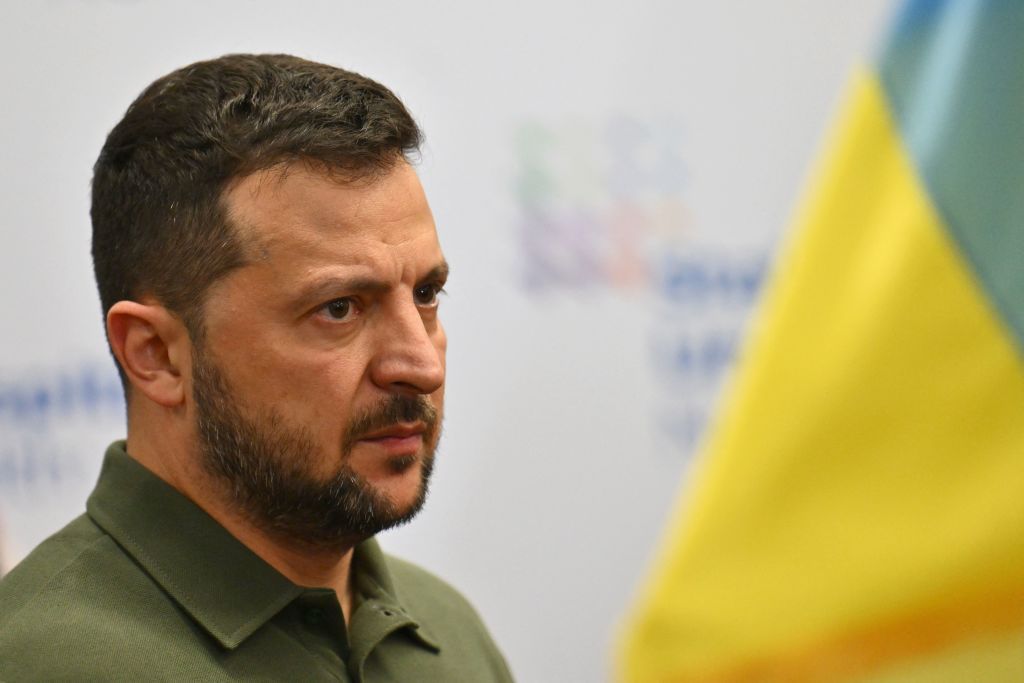In early 2024, Ukraine signed seven security agreements with allied countries to ensure its security as it negotiates membership in NATO. President Zelensky’s diplomatic adviser has stated that negotiations are ongoing for an additional 10 bilateral security deals. These agreements are seen as crucial in bolstering Ukraine’s ability to resist Russian aggression and pave the way for victory in the ongoing conflict. The agreements are based on a pledge made by the G7 group to support Ukraine, and countries such as the UK, Germany, France, Denmark, Canada, Italy, the Netherlands, and Finland have already signed bilateral security deals with Ukraine.
President Zelensky recently discussed the prospect of a future security agreement with newly appointed Portuguese Prime Minister Luis Montenegro. Portugal has shown strong support for Ukraine, joining initiatives to provide artillery shells and training for Ukrainian pilots on F-16 fighter jets. Portugal’s commitment to Ukraine’s security and defense efforts has been commendable, and the discussions between Zelensky and Montenegro aim to further strengthen the ties between the two countries. The strategic partnerships formed through these security agreements are crucial in Ukraine’s fight against Russian aggression and in ensuring its sovereignty and territorial integrity.
The security agreements signed by Ukraine with various allied countries are part of a larger strategy to enhance its defense capabilities and deter potential threats. These agreements not only focus on military cooperation but also cover areas such as intelligence-sharing, cybersecurity, and joint training exercises. By forging partnerships with countries like Finland and Portugal, Ukraine is seeking to build a network of support that will help it in its quest for security and stability amid the ongoing conflict with Russia. The strategic alliances formed through these agreements are expected to play a significant role in Ukraine’s defense strategy and its efforts to join NATO in the future.
The support extended by countries like Portugal to Ukraine’s defense efforts highlights the solidarity among European nations in standing against Russian aggression. The commitment shown by Portugal in providing financial assistance and training to Ukrainian pilots demonstrates a shared commitment to upholding international security and stability. Through these security agreements, Ukraine is not only strengthening its defense capabilities but also fostering closer ties with its allies in Europe. The collaboration between Ukraine and allied countries is a testament to the collective resolve to defend democratic values and protect the sovereignty of nations facing external threats.
As Ukraine continues to navigate the complexities of the ongoing conflict with Russia, the signing of security agreements with allied countries represents a significant step in strengthening its defense capabilities. The agreements provide a framework for enhanced cooperation in defense and security matters, laying the foundation for closer partnerships in the future. By aligning with countries that share a commitment to upholding international law and order, Ukraine is positioning itself as a key player in ensuring stability in the region. The ongoing negotiations for additional bilateral security deals underscore Ukraine’s proactive approach to fortifying its defense posture and securing its place in the global security landscape.















